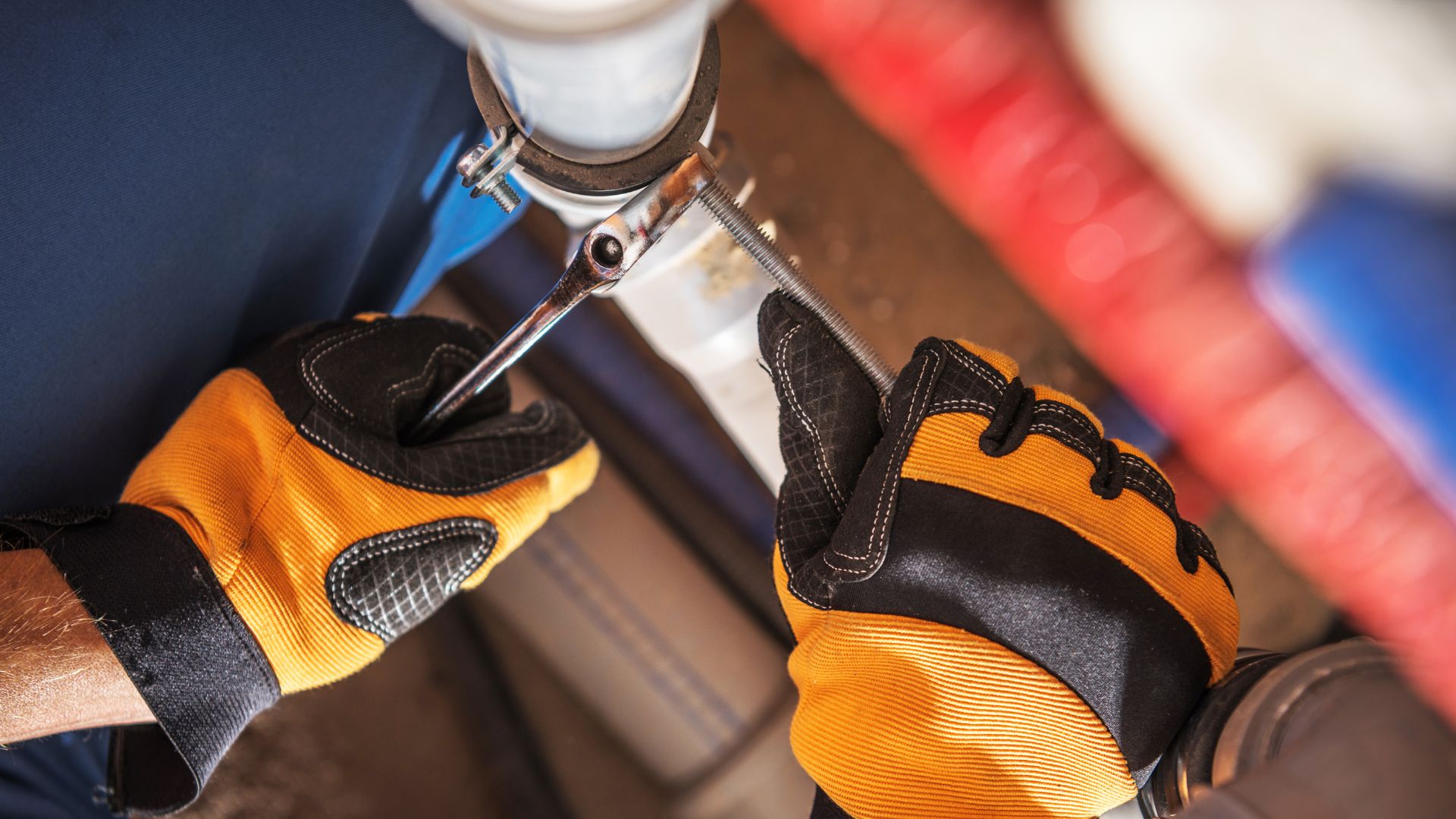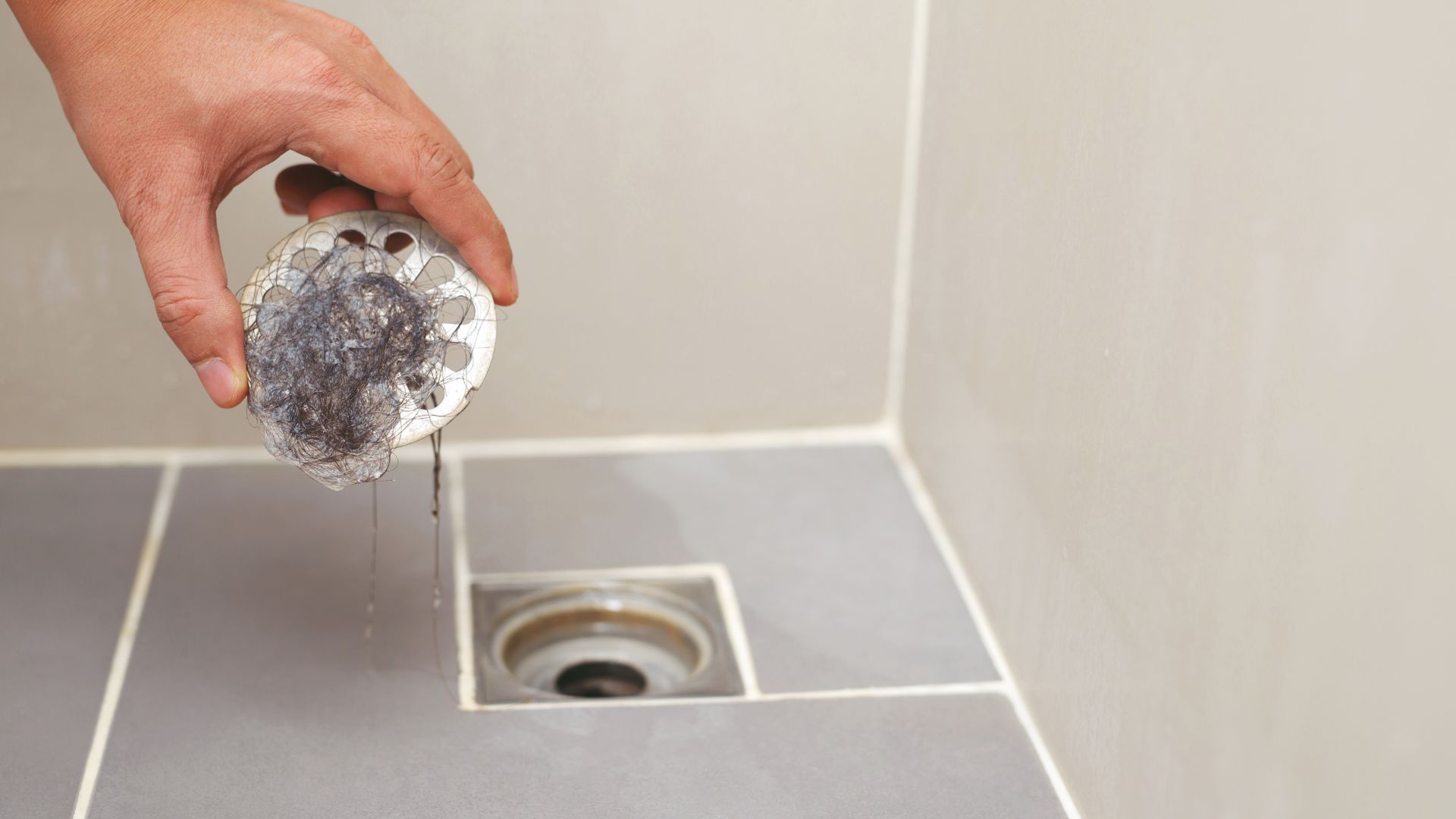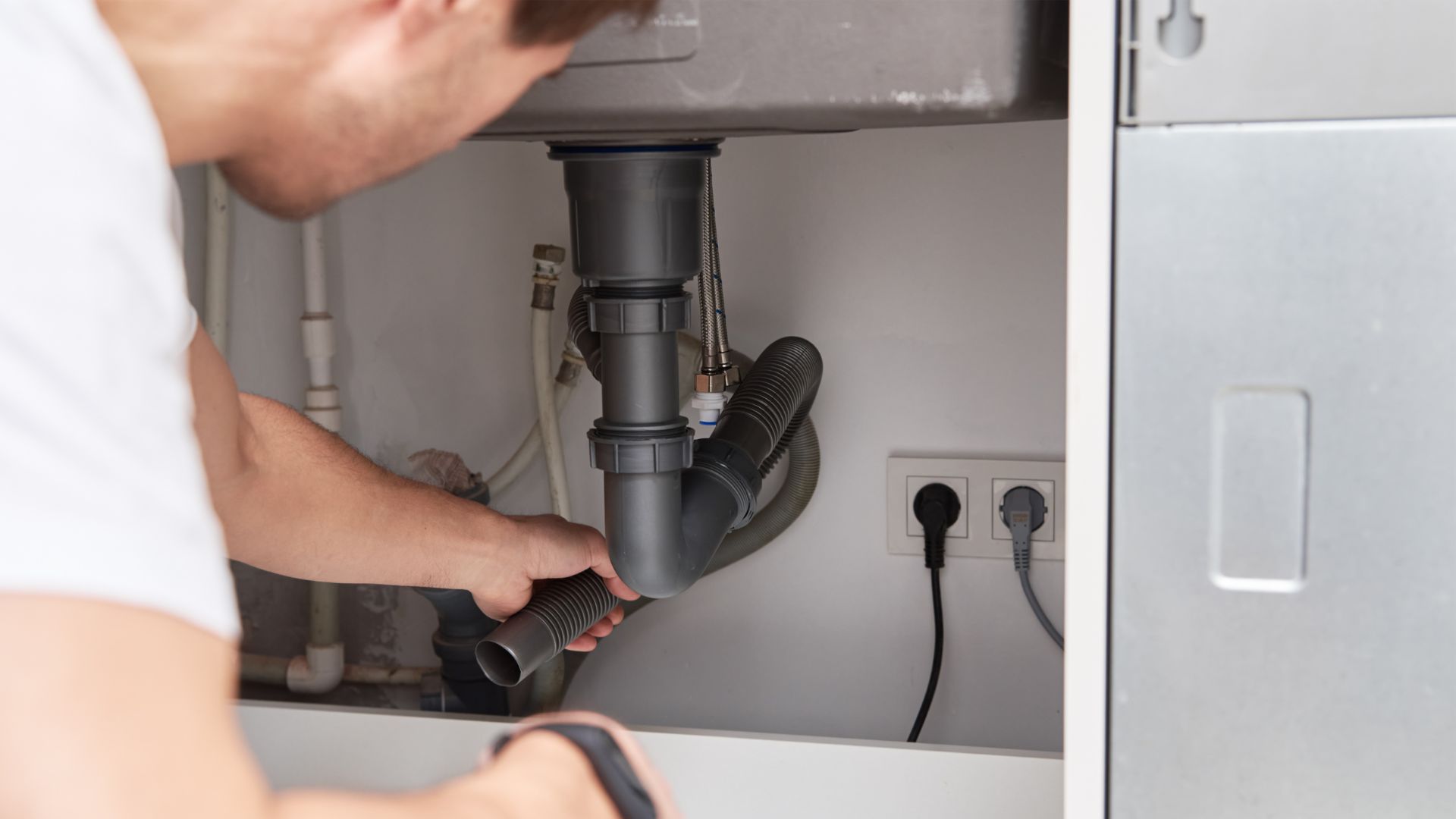7:00AM to 5:00PM
Plumbing problems are more than just inconvenient; they can pose serious health risks. A recent study in Australia revealed alarming statistics about the prevalence of Legionella bacteria in plumbing systems. This dangerous pathogen can cause Legionnaires’ disease, a severe form of pneumonia with a high fatality rate. The study underscores the critical role of plumbing systems in protecting public health.
Beyond health concerns, neglecting pipe maintenance can significantly impact your home’s efficiency and wallet. From reduced water pressure to costly leaks, the consequences of ignoring your pipes can be severe. So, how often should you be scheduling maintenance checks? Let’s get to the heart of the matter.
Understanding your plumbing system is essential for effective maintenance and avoiding costly repairs. Here’s a breakdown of key components, common issues, and the importance of regular upkeep.

A typical plumbing system includes plumbing pipes, the main sewer line, and water supply. Bathroom drains, shower drains, and the kitchen sink are crucial for managing wastewater.
A garbage disposal helps maintain proper water flow, while a well-maintained plumbing system ensures consistent hot water and drinking water supply.
Plumbing problems often include water leaks, blocked drains, and slow drainage. Older plumbing systems may face corrosion, leading to gurgling sounds and reduced water pressure and even blocked drains.
Tree roots can invade the sewer line, causing major repairs. Slow-draining sinks and kitchen drains can result from soap scum and grease build-up, requiring professional drain cleaning to restore proper drainage.
Regular plumbing maintenance is vital to prevent plumbing emergencies. Routine maintenance, including regular inspections and a cleaning schedule, helps avoid expensive repair costs.
Regular cleaning and maintenance of drain pipes and multiple drains regularly are key to healthy plumbing.
Understanding the signs of plumbing issues can help prevent costly repairs. Here’s what to look for in your plumbing system.

Discoloured water and reduced water pressure are common signs that your plumbing system needs attention. Slow drainage in the kitchen sink or bathroom sink often indicates blocked drains.
Using baking soda and boiling water can sometimes help, but persistent issues might require professional drain cleaning. Regular plumbing maintenance is essential to avoid plumbing emergencies and costly repairs.
Noises like gurgling or banging in your home’s plumbing can signal underlying problems. These sounds often point to air trapped in the pipes or potential blockages. Licensed plumbers can diagnose and resolve these issues, preventing further damage.
Routine inspections and regular maintenance by a plumbing professional are crucial for identifying plumbing issues early. Annual maintenance and preventive maintenance help catch problems before they escalate.
Professional plumbers can perform thorough checks and necessary repairs, ensuring your plumbing systems remain in good condition. Regular plumbing maintenance is key to a well-functioning home.
Regular plumbing maintenance is essential for a well-functioning home. Here’s a recommended schedule to keep your plumbing systems in top shape.
Different pipe materials require specific maintenance frequencies. Copper pipes are durable but can corrode over time, especially in areas with acidic water.
They should be inspected annually for signs of corrosion. PVC pipes are more resistant to corrosion but can become brittle in extreme temperatures, requiring regular checks.
Using baking soda monthly can help maintain these pipes by reducing build-up and keeping them clear.
The Gold Coast climate and water quality can impact plumbing maintenance needs. The humid environment can accelerate pipe corrosion, particularly in metal pipes.
Regular maintenance is vital to address these issues. Additionally, the mineral content in local water can lead to scaling inside pipes, affecting water flow.
This makes routine drain cleaning and inspections by a professional plumber even more important to prevent plumbing problems.
Maintaining your plumbing system can prevent costly repairs. Here are some DIY tips for effective plumbing maintenance.

Homeowners can perform simple tasks like drain cleaning by using baking soda and boiling water to clear minor blockages. Regularly check for leaks under sinks and around fixtures to catch problems early. Inspect visible pipes for any signs of corrosion or wear.
Essential tools include a plunger, adjustable wrench, plumber’s tape, and a drain snake. These will help you effectively tackle common issues like minor clogs and loose fittings.
Always prioritise safety during plumbing maintenance. Wear gloves and goggles when using chemicals for drain cleaning.
Be cautious when boiling water to avoid burns. If you encounter persistent leaks or complex issues, it’s important to call a professional plumber to ensure the problem is handled correctly and safely.
Professional plumbing maintenance offers numerous benefits for homeowners.
Hiring professionals ensures thorough inspections and precise repairs, reducing the risk of future issues. Their expertise helps identify problems that might be missed in DIY checks, preventing costly damage.
Professionals use advanced methods such as video camera inspections to locate hidden issues within pipes. They also employ hydrojetting for effective drain cleaning, a technique not feasible with standard home tools. These specialised approaches ensure your plumbing system remains in optimal condition.
Regular plumbing maintenance is crucial for preventing costly repairs and ensuring the longevity of your plumbing system. By addressing minor issues early, you can avoid major problems like water leaks and blocked drains.
Regular inspections by professionals provide peace of mind, as they utilise advanced techniques such as video camera inspections and hydro jetting, which are not feasible for DIY enthusiasts. These methods ensure a comprehensive assessment and effective cleaning, keeping your plumbing in top condition.
Being proactive about your plumbing health is essential. Gold Coast Plumbing Company offers specialised blocked drain services to tackle even the toughest clogs.
Their team of experts is equipped with the latest technology and knowledge to provide reliable solutions. Don’t wait for a plumbing emergency to arise; reach out for professional assistance and consultations.
Contact Gold Coast Plumbing Company today to schedule an appointment and keep your plumbing system running smoothly.
How often should you clean your pipes?
Ideally, pipes should be professionally cleaned every 18 to 22 months. However, if you notice issues like slow drains or frequent clogs, it might be necessary to clean them sooner.
Do pipes go bad if not used?
Yes, pipes can deteriorate over time, even if not in constant use. Factors like water quality, material, and local conditions affect their lifespan.
How long are pipes good for?
The lifespan of pipes varies based on material and maintenance. Copper pipes can last 50-70 years, while PVC can last 50-100 years. Regular inspections and maintenance can extend their life.
How often should I flush my pipes?
Flushing your pipes regularly helps prevent mineral build-up. A good rule of thumb is to run hot water for several minutes once a week. For more stubborn issues, you might need a professional cleaning.
What happens if you don’t clean your pipes?
Neglecting pipe cleaning can lead to clogs, slow drains, backups, and even burst pipes. A build-up of minerals, grease, and debris can reduce water flow, damage pipes, and create health hazards.
How do you maintain old pipes?
Maintaining old pipes involves regular inspections, flushing, and professional cleaning. Consider replacing outdated materials with more durable options if necessary. Preventing clogs, addressing leaks promptly, and monitoring for corrosion are essential.